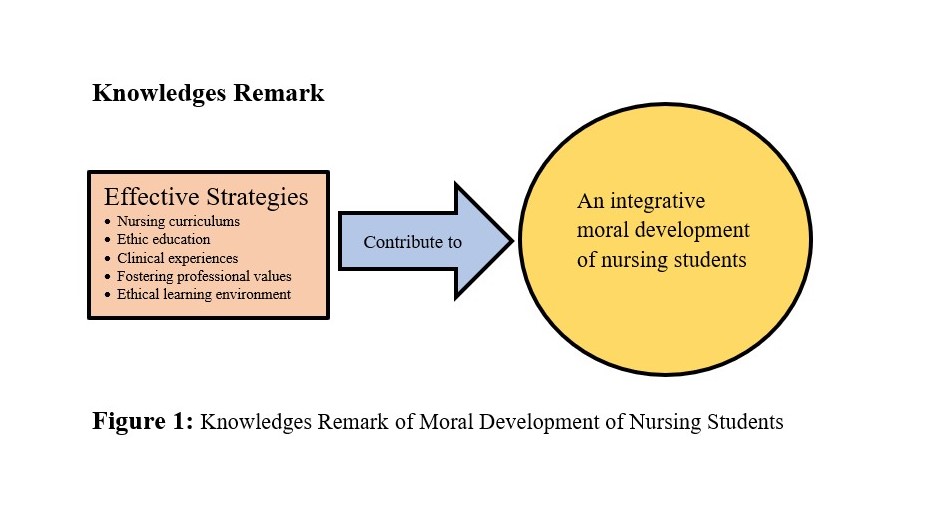An Integrative Moral Development of Nursing Students
Main Article Content
Abstract
Developing moral integrity in nursing students is crucial for their professional growth and for providing compassionate and ethical care in the healthcare setting. This abstract outline strategy, to foster moral development in nursing students in the modern era. The methods discussed include: Incorporating ethics education into the nursing curriculum, utilizing ethical case studies, encouraging teamwork and collaboration, emphasizing continual professional development, and Facilitating reflection on personal experiences. By employing these strategies, educators and mentors can help nursing students develop a solid moral foundation, enabling them to navigate ethical challenges, make sound moral decisions, and provide patient-centered care. Implementing these strategies contributes to cultivating morally competent and compassionate nursing professionals who can effectively meet the complex demands of the contemporary healthcare environment.
Article Details
References
Arpananthikul, M., Prapaipanich, W., Senadisai, S. (2014). Nursing administrators’ perception to Thai register nurses ‘professional ethics. Thai J Nurse Council, 29(2):5-20.
Association AN. (2015). Code of ethics for nurses with interpretive statement. Silver Spring. MD Author.
Butler, A. M., & Strouse, S. M. (2022). An Integrative Review of Incivility in Nursing Education. The Journal of nursing education, 61(4), 173–178. https://doi.org/10.3928/01484834-20220209-01.
Carter S. (1996). Integrity. New York: Basic Books, a division of Herper Collins Publishers.
Devine, C. A., & Chin, E. D. (2018). Integrity in nursing students: A concept analysis. Nurse education today, 60, 133–138. https://doi.org/10.1016/ j.nedt.2017.10.005
Jahromi, M. K, Koshkaki, A. R, Poorgholami, F, Talebizadeh, M. A. (2018). Study of Nurses’ Perception of Professional Values in the University Hospitals Affiliated with Jahrom University of Medical Sciences. 2015. Bangladesh Med J. 17(1):47-51.
Kohlberg L. (1931). The philosophy of moral development: Moral stages and the idea of justice. San Francisco: Harper & Row.
Notarnicola, I., Petrucci, C., De Jesus Barbosa, M. R., Giorgi, F., Stievano, A., & Lancia, L. (2016). Clinical competence in nursing: A concept analysis. Competenza clinica nell’infermieristica: un'analisi di concetto. Professioni infermieristiche, 69(3), 174–181. https://doi.org/ 10.7429/pi.2016.693181.
Nunthawong, J., Yunibhand, J., & Chaiyawat, W. (2020). Development of Thai Moral Integrity Scale in Professional Nurses. Pacific Rim International Journal of Nursing Research, 24(1), pp. 102–117. Retrieved from https://he02.tci-thaijo.org/index.php/PRIJNR/article/view/178635.
Olson, L. (2002). The relationship between moral integrity, psychological well-being, and anxiety. Charis: The Institute of Wisconsin Lutheran College. 2002; 2(1):21-8.
Rest J. (1979). Revised manual for the defining issues test. Minneapolis: MN: Minnesota Moral Research Project.
Schmidt, B. J., & McArthur, E. C. (2018). Professional nursing values: A concept analysis. Nursing forum, 53(1), 69–75. https://doi.org/10.1111/ nuf.12211.
Thailand Nursing & Midwifery Council. (2007/B.E.2550) The professional nurses practiced base on Nursing and Midwifery Regulation on Code of Professional Conduct. Thailand Nursing & Midwifery Council.


